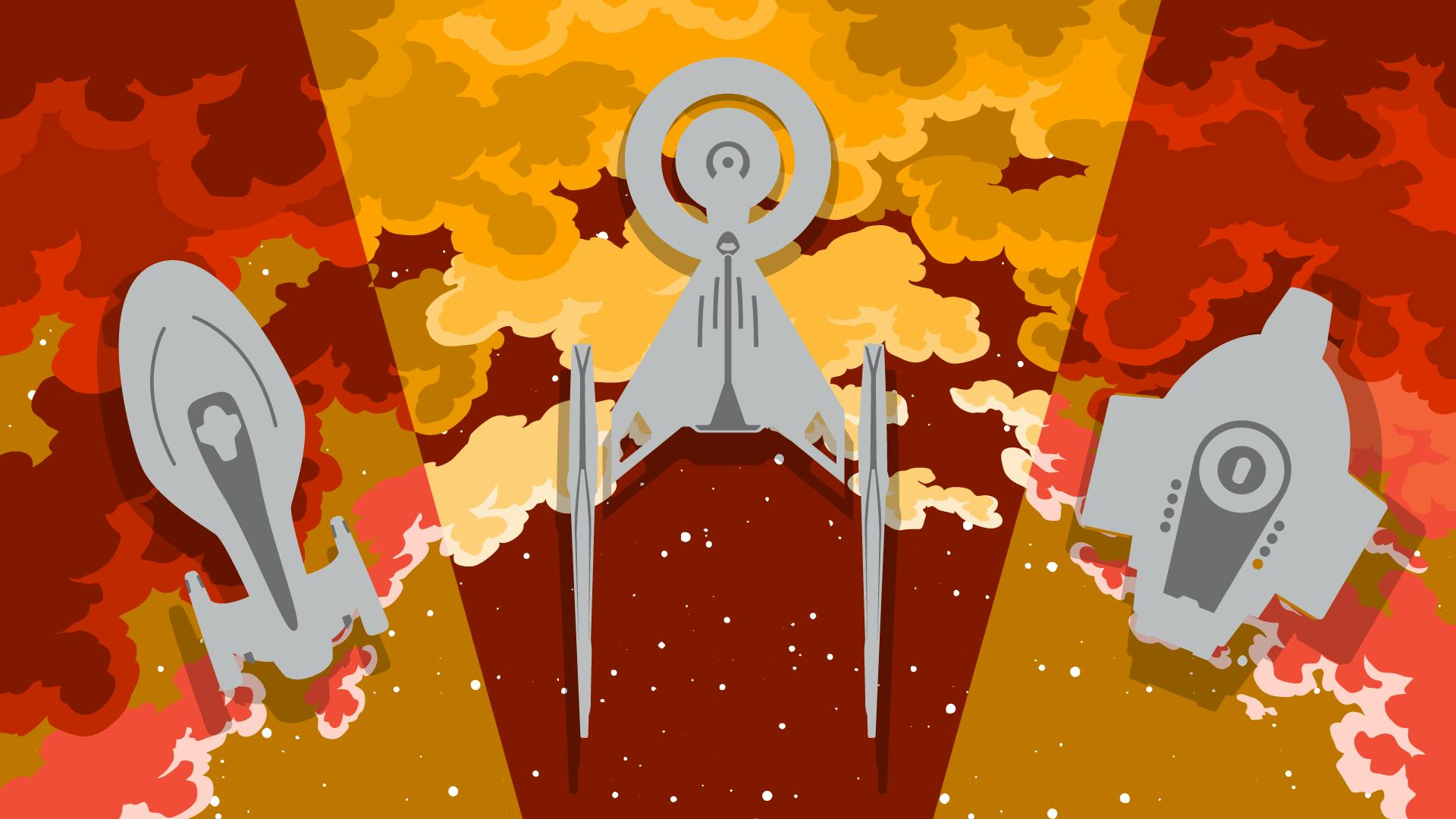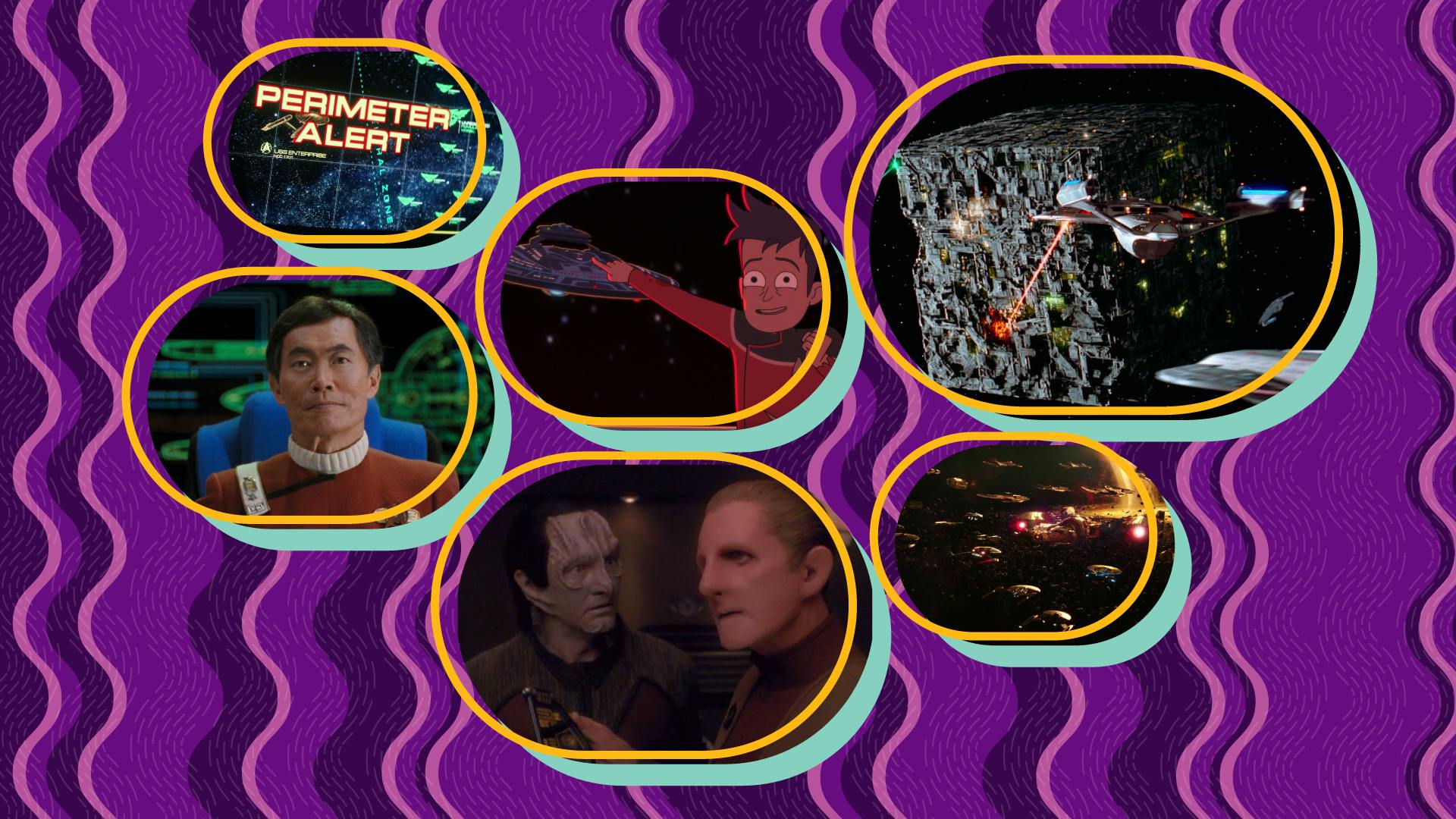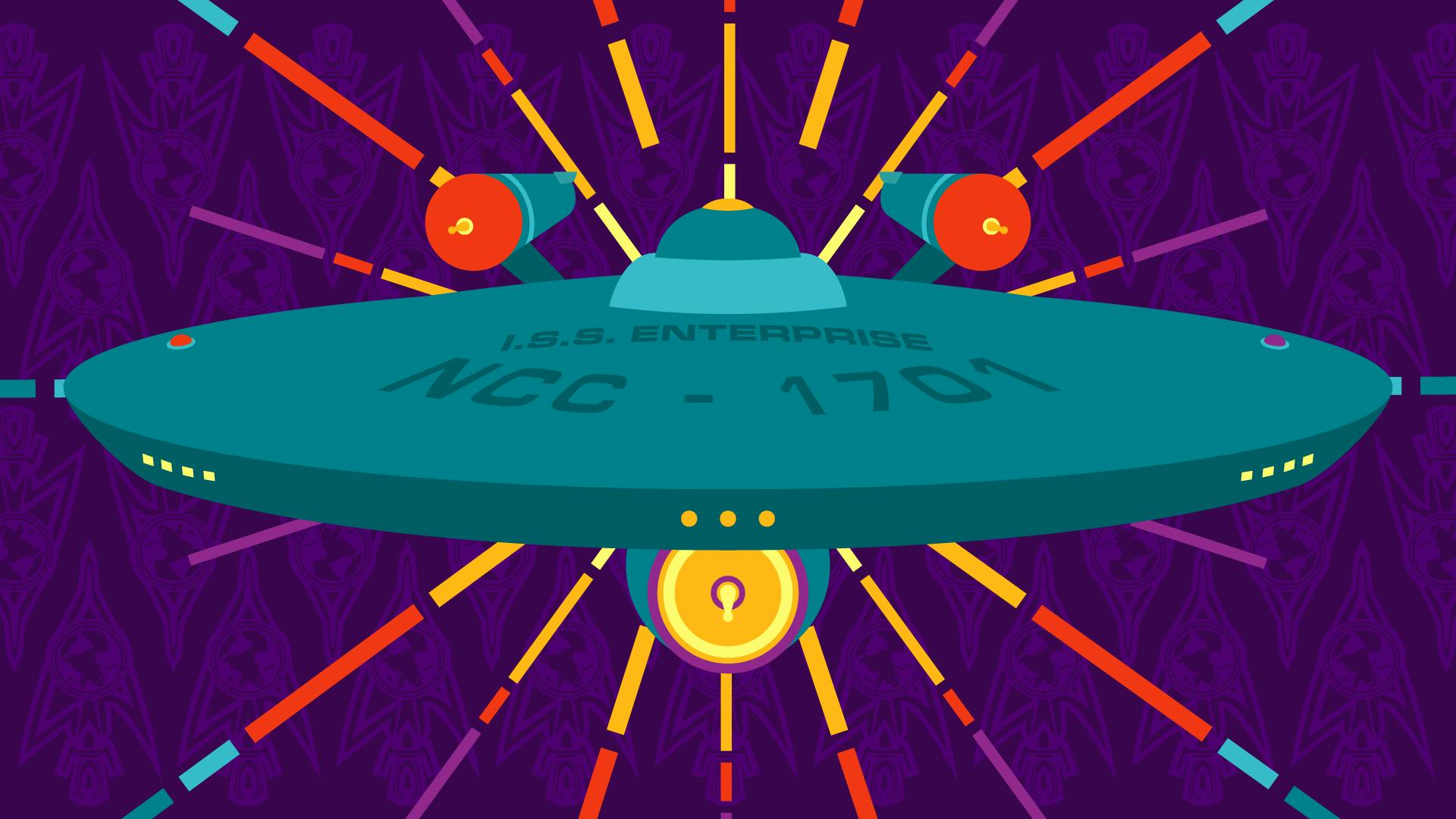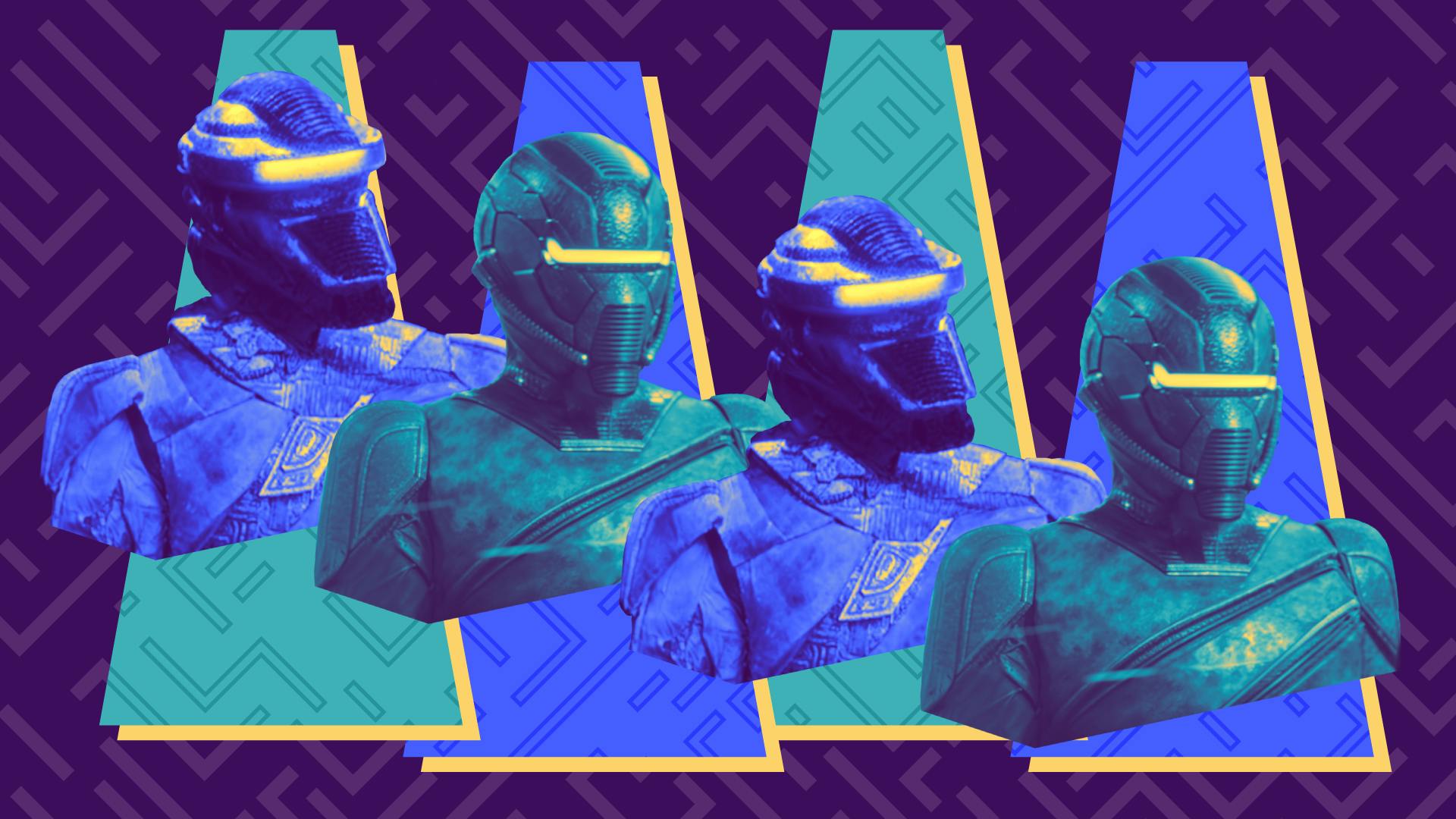Published May 7, 2024
What Does God Need with a Computer? How Discovery Re-Frames a Classic Star Trek Story
If somebody has started a religion around a broke appliance, it's time to call Starfleet.
SPOILER WARNING: This article contains story details and plot points for Star Trek: Discovery Season 5's "Whistlespeak"!

StarTrek.com
In the very first episode in which Star Trek introduced the Prime Directive — the 1967 banger "Return of the Archons" — it also dropped the other, low-key mission of Starfleet — To prevent people, across the galaxy, from believing that broken computers are gods. In the Star Trek: Lower Decks episode "No Small Parts," when confronted with Landru, the exact same god computer from "Return of the Archons," Captain Freeman reveals just how pervasive this problem is, saying, "I can't believe you all started re-worshipping the dang computer!"
In the latest episode of Star Trek: Discovery, "Whistlespeak," the people of the planet Halem'no are stuck with a similar old-school problem. They’re not worshiping a computer outright, but a piece of broken technology, in this case, a weather tower, which has become part of a very sacred ceremony. Tilly and Burnham have to make a rough call about revealing the truth to the Halem'nites, but luckily, there's a long Star Trek tradition of dealing with this kind of thing.
Here are the origins of this very specific Star Trek problem, plus, how "Whistlespeak" updates a classic dilemma from The Original Series, which seemed to crop up a lot more than you might think back in the 2260s.
Kirk Talks Computer Gods to Death
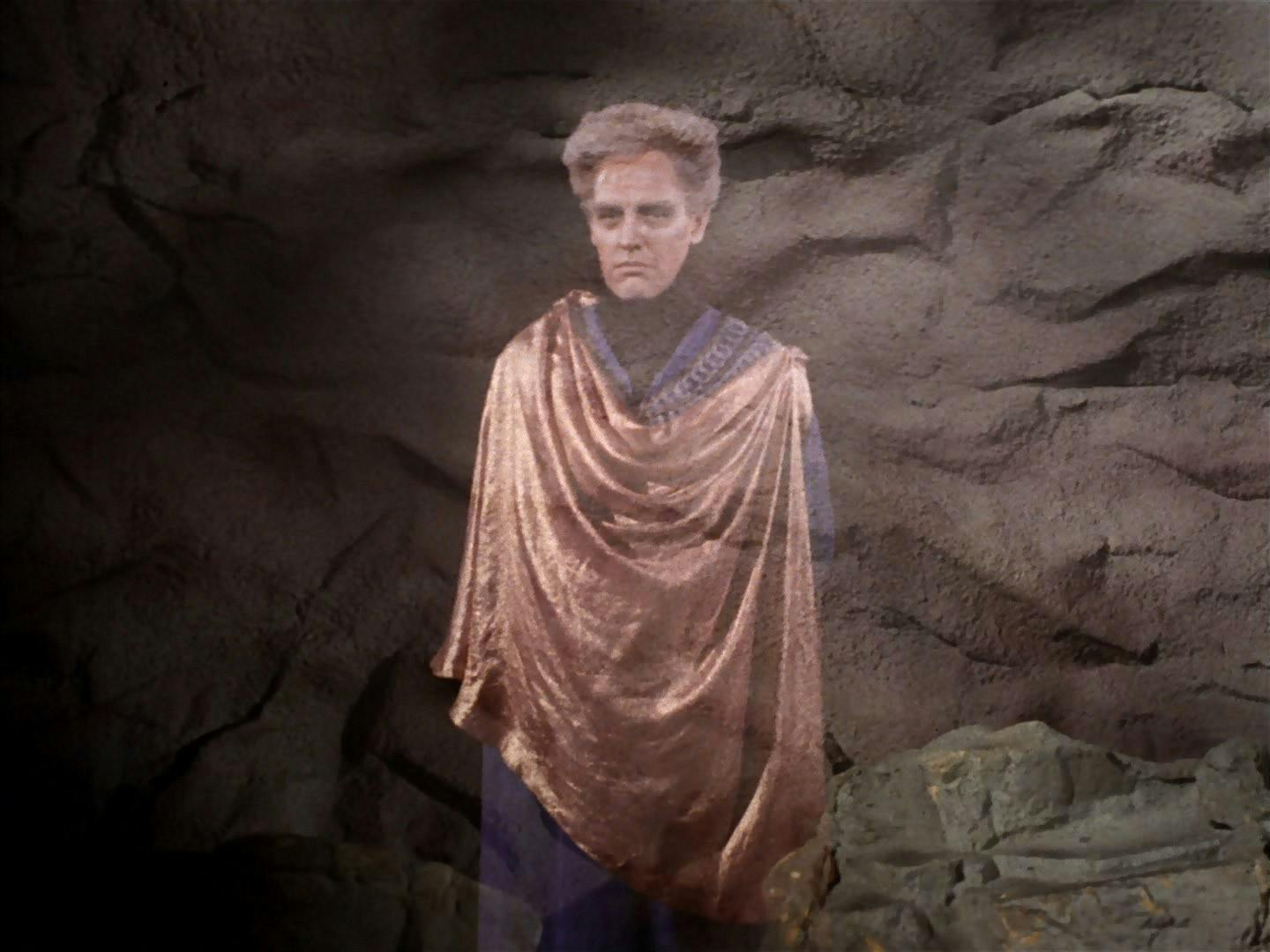
"The Return of the Archons"
StarTrek.com
Throughout the entirety of Star Trek: The Original Series, the idea that various cultures accidentally might interpret highly advanced technology as divine power, isn’t just a common theme, it’s an ongoing problem. In "Return of the Archons," Spock and Kirk are shocked to learn that the being known as Landru was really a 6,000 year-old A.I. controlling people's minds, and forcing them to participate in a barbaric purge event known as "The Red Hour." But, in this episode, Kirk busted out his logic bomb, and managed to save the people of Beta III, by convincing Landru it's doing more harm than good.
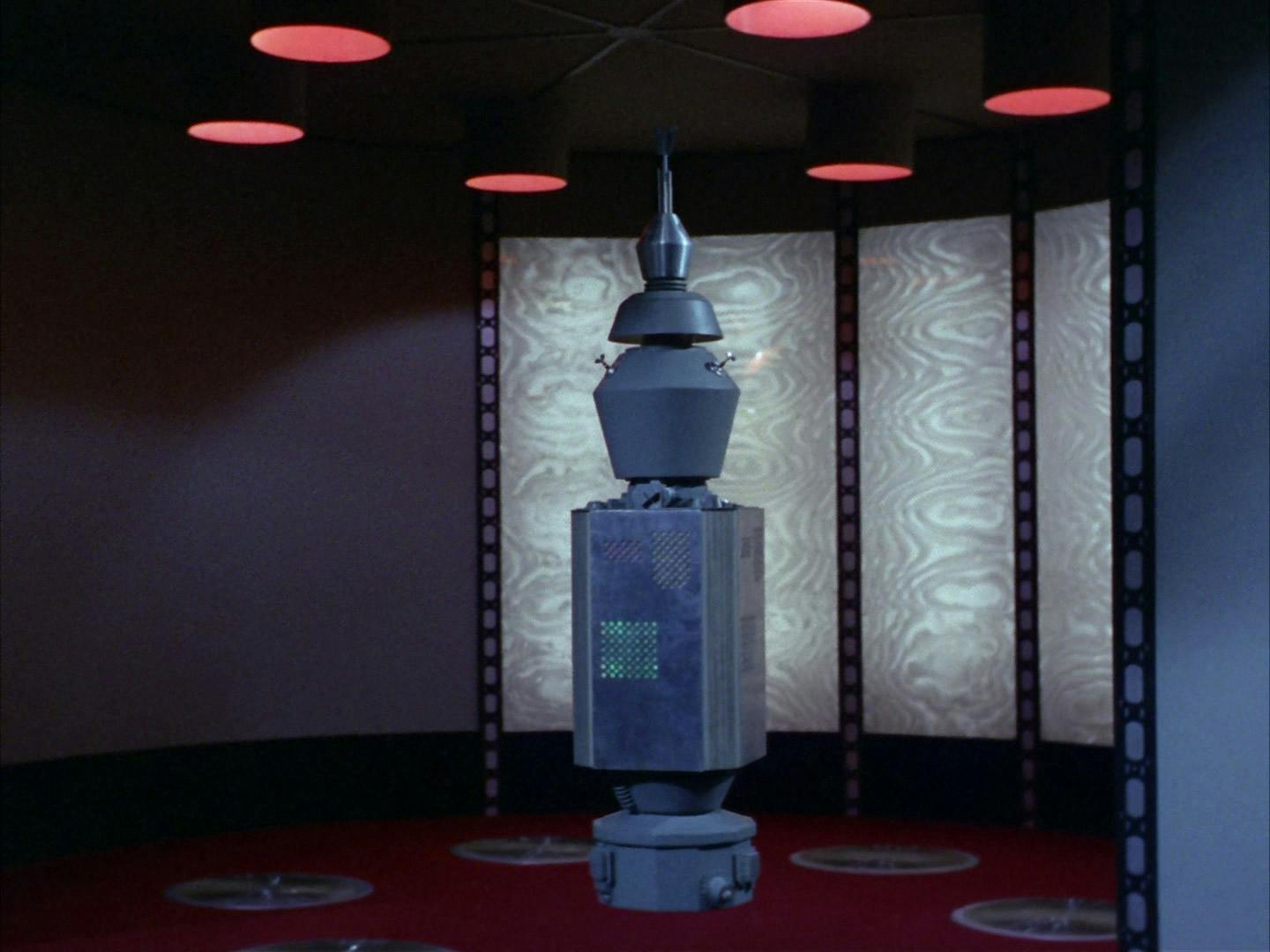
"The Changeling"
StarTrek.com
This intellectual tactic — presenting a computer with a fallacious paradox — is used by Kirk several more times in The Original Series, and not just to deal with A.I.s with godhood problems. In "The Changeling," Kirk defeats the renegade probe Nomad by revealing its imperfection to itself. Teaming up with Harry Mudd in "I, Mudd," Kirk melts the brain of the android Norman, the same way, by introducing the "liar's paradox" to Norman's overly literal sensibilities. Kirk also uses this logic bomb in "The Ultimate Computer," by making the M-5 computer realize it's gone too far. All in all, this technique, while a rowdy Kirk move, is perfectly in line with the peaceful tactics of Starfleet. But sometimes, this method isn't enough.
Fix What's Broken — Even If It Means Breaking the Prime Directive
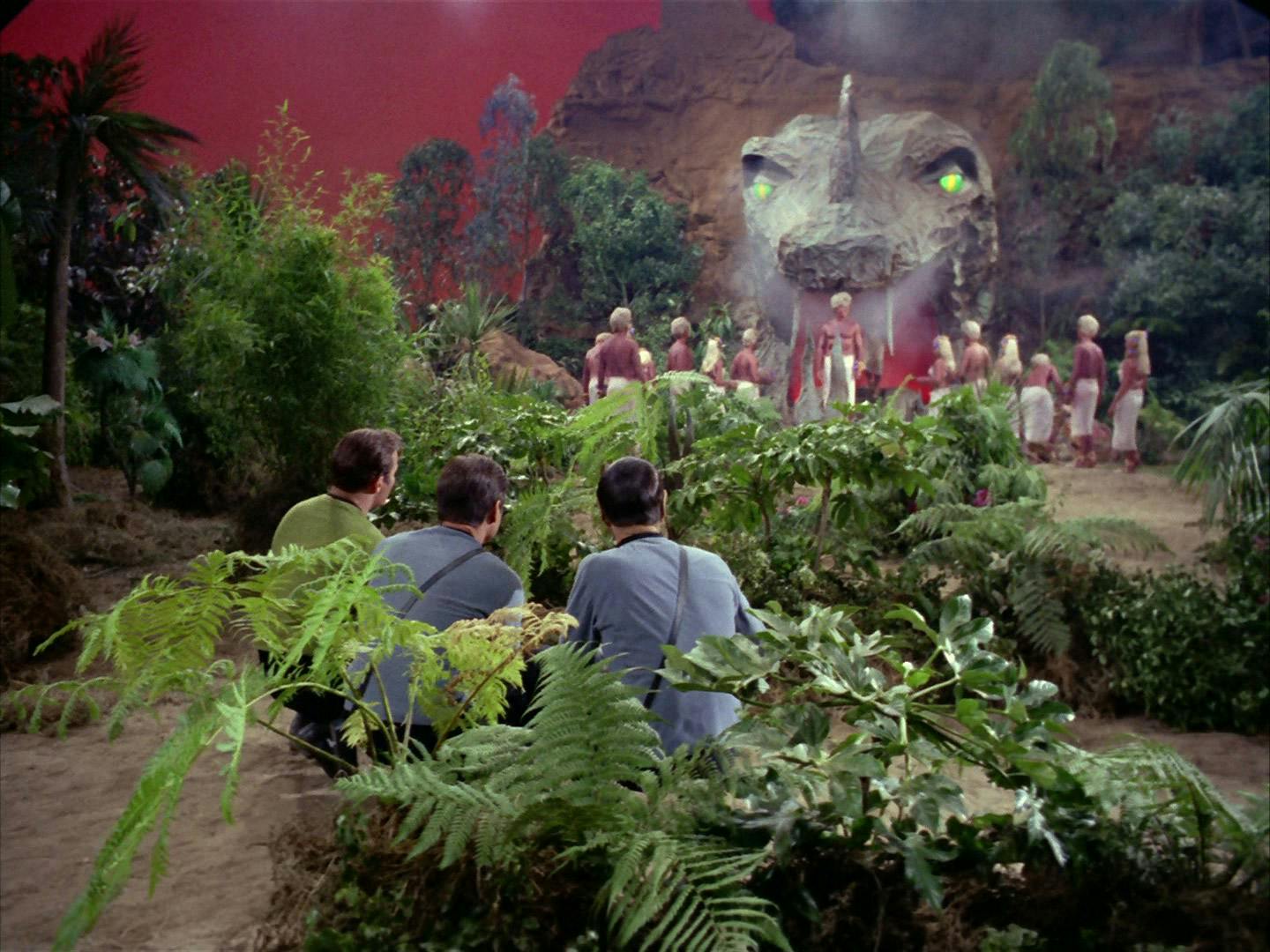
"The Apple"
StarTrek.com
When certain alien cultures have automated tech that is ruining everyone's lives through dogmatic beliefs and death, sometimes it's not enough to talk them down. In The Original Series episode "The Apple," yet another god-like computer, Vaal, has placed the people of Gamma Trianguli VI in a state of perpetual intellectual infancy. In this case, with their lives threatened, Kirk and the crew decide Vaal is too dangerous to be left functioning, and so, firing all the ship's phasers is the only fix.
Interestingly, like Burnham and Tilly's choice to reveal the nature of the weather towers to the Halem'nites, Kirk destroying Vaal constitutes a Prime Directive violation. Like Kirk, Burnham is a shoot-from-the-hip 23rd Century Starfleet captain, even if she lives in the 32nd Century. And so, Burnham and Tilly's actions in "Whistlespeak" are very Kirk-core — they decide revealing themselves for who they really are is worth it, mostly to save their own lives, but also to stop the needless cycle of human sacrifice that the Halem'nites have come to believe is necessary.
Discovery's TOS-Style Tribute
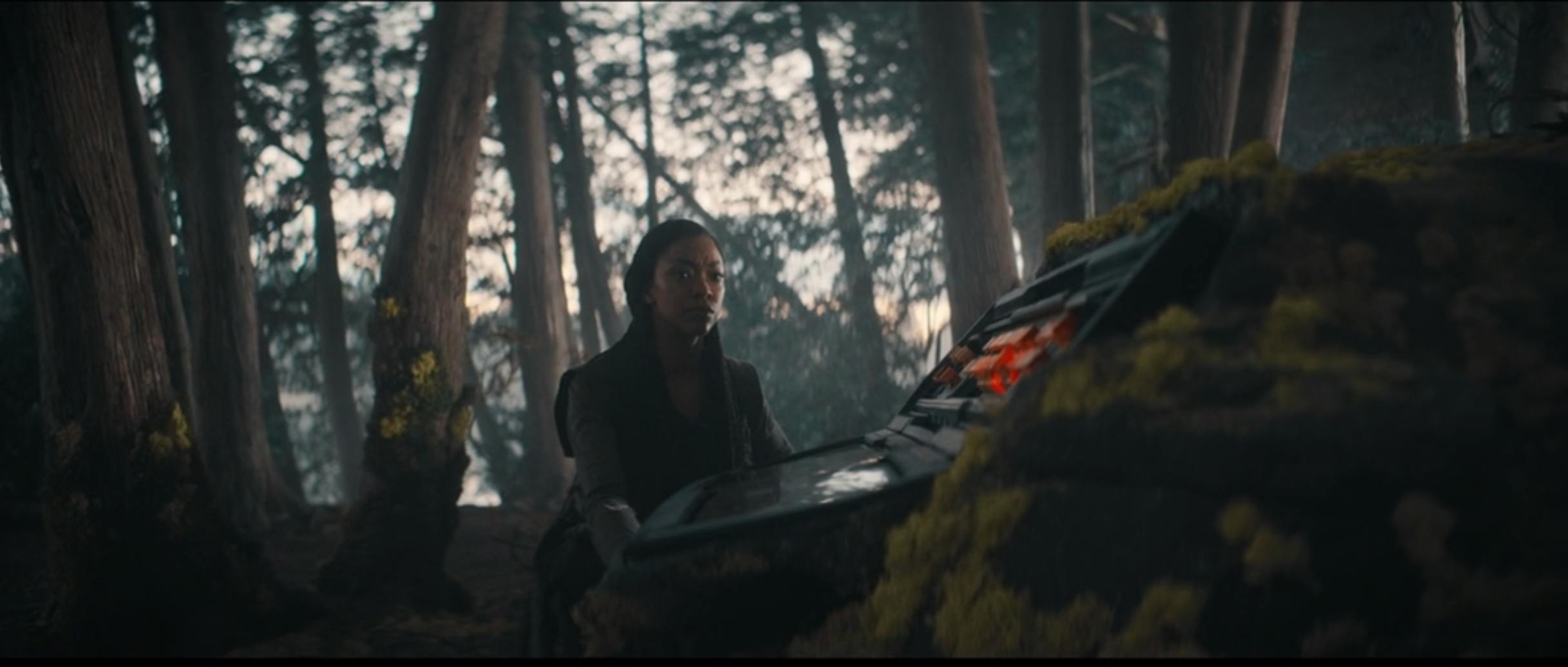
"Whistlespeak"
StarTrek.com
But, Discovery’s "Whistlespeak" also echoes aspects of TOS in another very big way. Essentially, what Burnham and Tilly are there to do is perform maintenance, and without this regular maintenance, broken technology can appear like a vengeful god. In the TOS episode "For the World is Hollow and I Have Touched the Sky," Kirk, Spock, and Bones find an asteroid called Yonada, has been converted into a hollow spaceship, though all the people living there don't know it. Here, yet another computer god, the Oracle of the People, has been set off course, because, as McCoy later realizes, "a flaw developed in the controls."
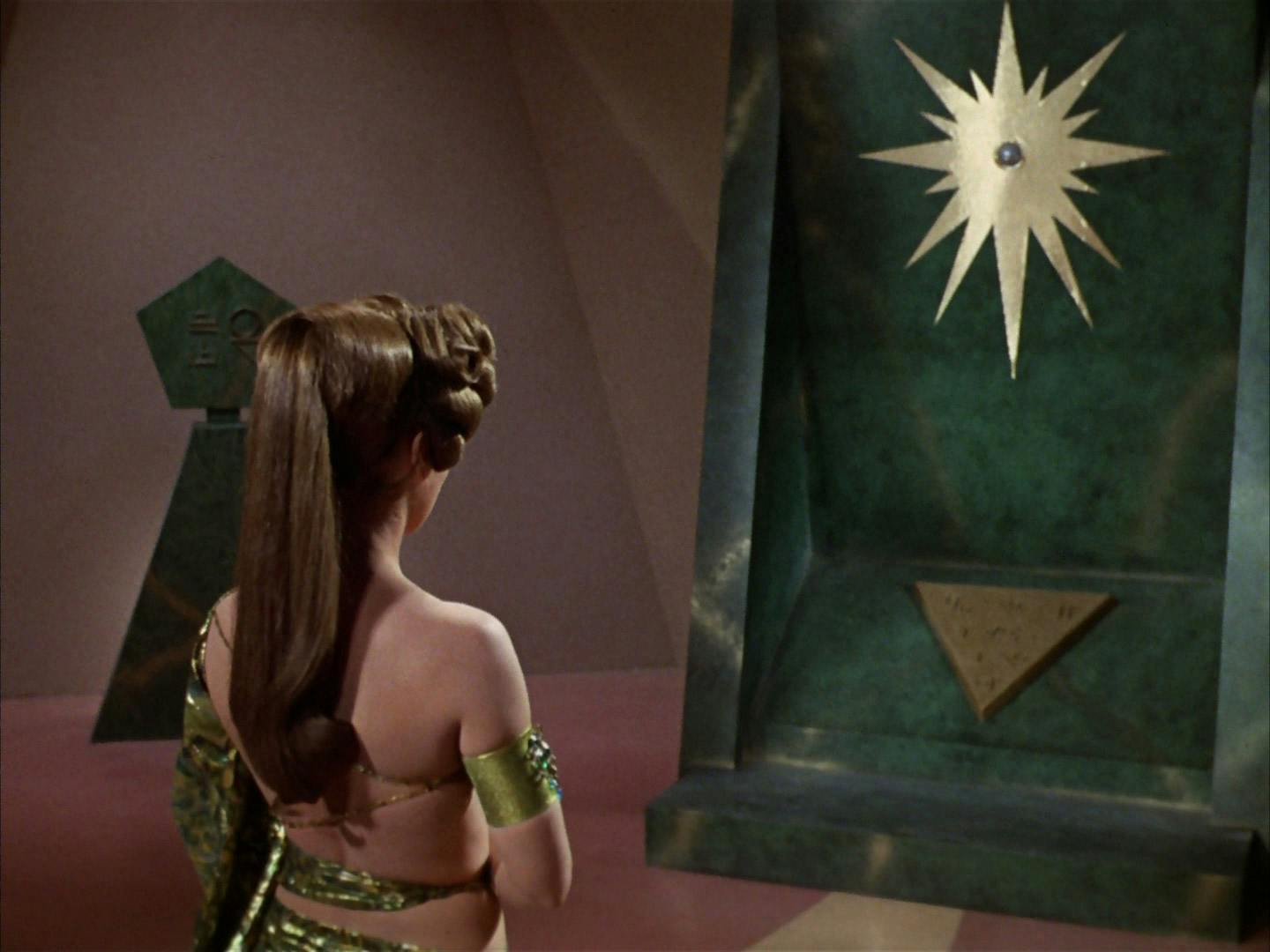
"For the World is Hollow and I Have Touched the Sky"
StarTrek.com
In "Whistlespeak," Burnham has to convince Ohvahz, that although he has believed in the gods, and the sacredness of the High Summit, the truth is — like the Oracle on Yonada — the weather towers are mostly just broken. Ohvahz is, of course, distraught over the possible loss of his child, Ravah. Ditto Natira in "For the World is Hollow and I Have Touched the Sky." Only because she thinks that Oracle is going to kill McCoy, and later, herself, does she finally accept that Kirk and Bones are telling the truth.
For casual fans, "Whistlespeak" will feel like a familiar, yet, refreshingly hopeful Star Trek story. But, for longtime Star Trek people, the echoes of The Original Series will resonate throughout this episode, in ways that are both profound, but also just downright cool. Discovery began its life as a prequel to the adventures of the classic crew, and with this episode, the series made its own version of a thought-provoking, durable, and utterly optimistic Star Trek idea. When the entire world seems to turn on you, this type of story seems to suggest that maybe we all just need some well-meaning repair people from space to help us.
